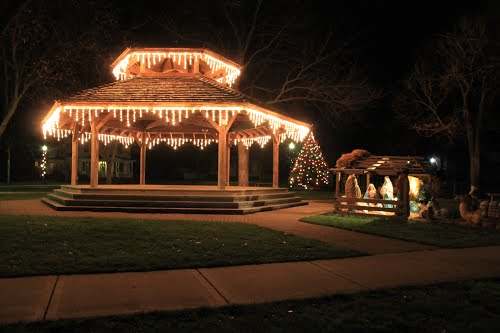The government’s acknowledgement of Christmas violates the First Amendment
By Julia Bell
As the days get shorter and the weather gets colder (kind of), Starbucks switches from pumpkin spice to peppermint and from white cups to… red cups.
Every year the famous coffee chain releases special holiday cups with symbols of the season. In the past, they have featured everything from snowmen and snowflakes, to ornaments and reindeer. Last year, Starbucks chose a controversial design: a solid red cup. The backlash was immediate: Starbucks was accused of hating Christmas and taking away the spirit of the holiday.
What else could a solid red cup possibly mean?
In response to the design, many unhappy customers started using the name “Merry Christmas,” so the baristas would have to write it on their cup and call it out when their drink was ready. Original.
The red cup controversy captured national attention, but the issue extends well beyond the design of disposable cardboard. Christmas is not the only holiday that falls at this time of year. Yet for some reason, our country treats it as though it is. It’s impossible to avoid. When December rolls around in Dexter, the nativity scene is assembled and a Christmas tree stands tall beside the gazebo. In school, quiet work time in class turns into a Christmas music sing-along.
The holiday has become increasingly secularized in our culture, but by definition it commemorates the birth of Jesus Christ. Despite being a country of religious freedom and equality, Christmas is the only religious holiday recognized federally. It’s the only religious holiday that requires employers to give their employees the opportunity to observe.
Many argue that America was founded on Christianity and view “Christian” and “American” synonymously. However, the First Amendment of our constitution states that, “Congress shall make no law respecting an establishment of religion, or prohibiting the free exercise thereof…”
America is a land of great diversity. With great diversity comes a greater responsibility to coexist and respect the beliefs and behaviors that differ from our own. At a time when America is struggling to unite, Christmas seems to emphasize the divide. It’s no surprise that Starbucks is criticized for failing to acknowledge Christmas when the law of our land requires it.

